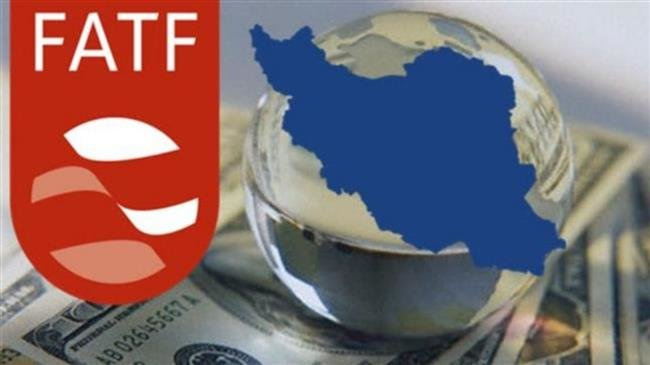Joining FATF a Rational Decision for Iran

Interview by: Sadeq Dehqan
While the marathon of the approval of bills on Iran’s membership to the Financial Action Task Force (FATF) is approaching its end after many ups and downs and numerous intensive supervisions by domestic authorities and government bodies, the majority of the Iranian Parliament vote in favor of the move.
Iranian MPs are very optimistic that after meeting the objections raised by the country’s Guardian Council to the bill, the path will be paved for Iran’s membership to the intergovernmental organization.
The Guardian Council’s objections to the bill are currently being addressed by the Iranian Parliament’s National Security Committee in joint meetings with representatives of related domestic organizations, the final outcome of which will soon be announced.
Qassem Mirzaei-Nekouei, an Iranian MP, commented on these objections and the positive and negative consequences of the approval or rejection of the bills.
Excerpts from the interview follow:
Would you please elaborate on the method by which the Iranian Parliament is addressing objections by the Guardian Council against the bills on Iran’s membership to the FATF? What is the present degree of progress the legislative body has made to this end?
QASSEM MIRZAEI-NEKOUEI: The Guardian Council has detected 22 faults in the bill on Iran joining the Counter-Terrorism Financing (CFT). These are currently being studied by the National Security Committee of the Iranian Parliament. The committee has invited Iranian Minister of Foreign Affairs Mohammad Javad Zarif, Intelligence Minister Mahmoud Alavi as well as officials from the Central Bank of Iran (CBI) and the Guardian Council to address the objections.
The bill has, however, been passed by the majority – 140 voted in favor – of the Iranian Parliament, which is at present seeking to come to a common conclusion with the Guardian Council over how to meet the council’s objections. In case the faults are corrected, no problem will remain. Otherwise, the bill will be referred to Iran’s Expediency Council.
What are the objections?
Certain considerations are required to be taken into account in the process of Iran joining the FATF and approval of the bill on CFT. These considerations are not that serious to convey the impression that there is a strong will [inside the country] to prevent Iran from joining the FATF. However, the Guardian Council has objected to those [FATF] instructions complying with which may become imperative in the future. They want these issues to be addressed in an integrated manner.
Nevertheless, it is entirely rational for Iran to join the FATF. Given that the Iranian Parliament has passed all the bills on joining the FATF, if the Guardian Council’s objections are met, I do not think there would be any insistence inside the country on preventing Iran from joining the CFT [and FATF].
To what extent do you think joining the FATF will help improve Iran’s economy and transparency in domestic financial transactions?
This is exactly what Mr. Zarif is pointing out. Certain domestic banks as well as financial and credit sectors and institutes are against joining the FATF and hold that Iran should refrain from agreeing to the requirements of the intergovernmental organizations as [they know that] following the country’s membership to the global anti-money laundering watchdog, their moves will have to become more transparent.
That is why they are attempting to label joining the FATF as a kind of capitulation. In my opinion, the top officials should decide about this matter. It has already been decided by the top officials that as a professional and legal issue, the FATF bill should be handed over to the Parliament. The Iranian Parliament is currently dealing with the issue.
What would be the negative and positive consequences of joining the FATF for Iran under the present circumstances?
The move can play a very significant role in improving the country’s economic condition as US unilateral sanctions on Iran will soon affect the country’s banking sector and foreign financial transactions. Thus, I believe that a positive decision will be made about Iran’s membership to the FATF. Nevertheless, in case of any failure to pass the bills, Iran will be faced with a bad situation in its foreign banking relations and international ties.
Source: Iran Daily

